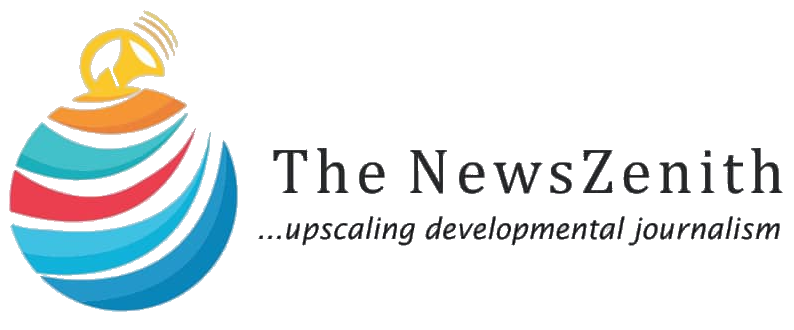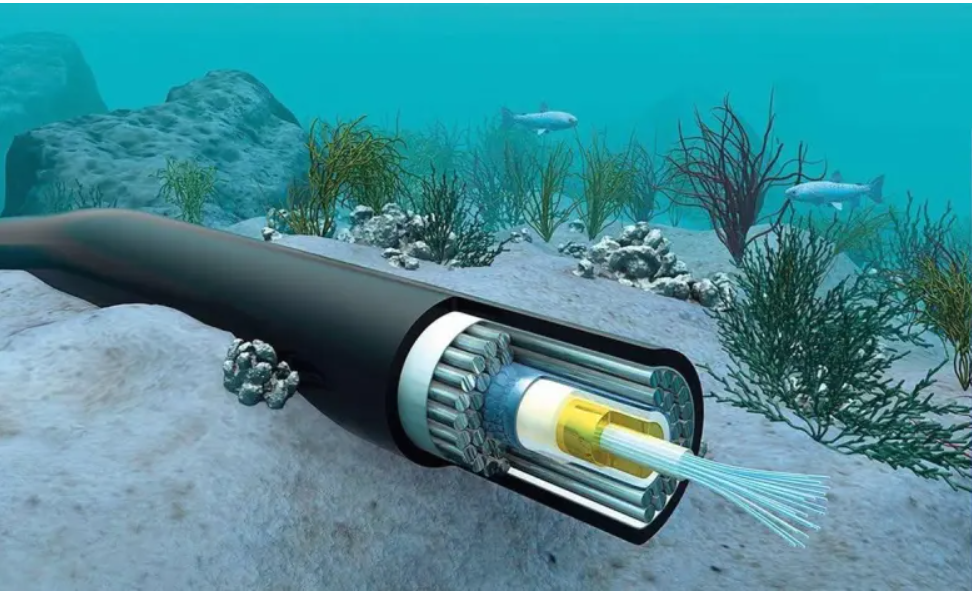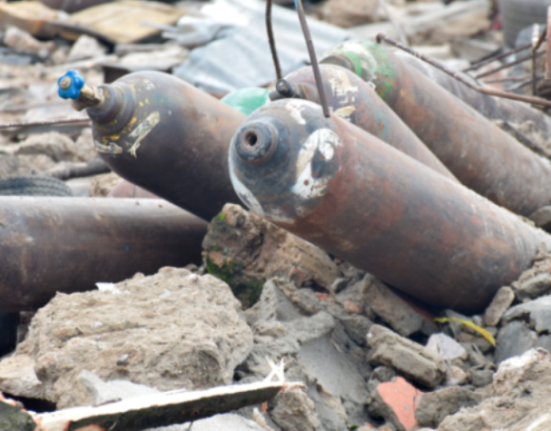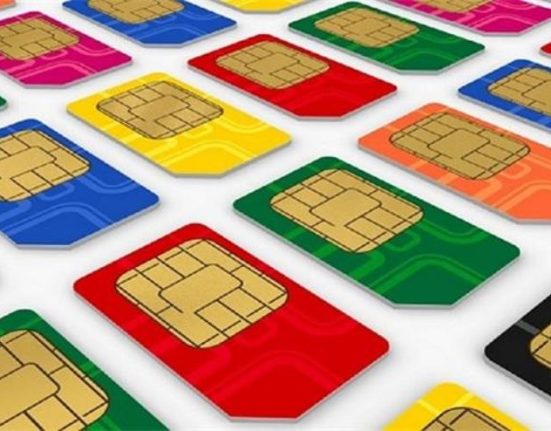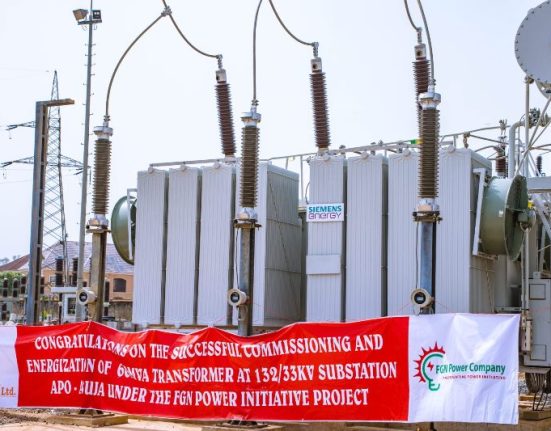
From Our Correspondent
Damage to submarine cables, resulting in equipment faults on the major undersea cables along the West African Coast, has negatively impacted data and fixed telecom services in West African countries.
Reuben Muoka, Director of Public Affairs at the Nigerian Communication Commission (NCC), said in a statement that the damage affected Nigeria, Ghana, Senegal and Cote d’Ivoire.
According to the statement, the cuts occurred somewhere in Cote d’Ivoire and Senegal, with an attendant disruption in Portugal.
It identified Cable companies – West African Cable System (WACS) and African Coast to Europe (ACE) – in the West Coast route from Europe as having experienced faults while SAT3 and MainOne have downtime.
“Similar undersea cables providing traffic from Europe to the East Coast of Africa, like Seacom, Europe India Gateway (EIG), Asia-Africa-Europe 1 (AAE1), have been cut at some point around the Red Sea.
“This has resulted in the degradation of services across these routes.
“In Nigeria and other West African countries, Internet access and speed have experienced disruptions in the networks of service providers in the affected countries.
“Operators of these cables have commenced repairs already, and services are gradually being restored.
“They have promised to restore services to the affected countries within the shortest possible time.
“It is important to bring this information to the knowledge of corporate and individual consumers on these services,” the statement read in part.
According to Muoka, networks of service providers have experienced disruptions in Internet access and speed in Nigeria and other West African countries.
Operators of these cables have commenced repairs already, and services are gradually being restored.
They have promised to work round the clock to ensure that services are restored to the affected countries within the shortest possible time.
It is important to bring this information to the knowledge of corporate and individual consumers on these services.
TheNewsZenith quotes a Ghanaian online platform, asaaseradio.com, as reporting a similar occurrence in the destruction of cables in the Red Sea.
Read Related news:
NCC’s Maida underscores ICT role in fighting financial crimes
NCC directors clinch ITU positions at WRC in Dubai
This is coming weeks after the official Yemeni government warned of the possibility that Houthi rebels would target the cables.
Underwater cables are the invisible force driving the internet. Google, Microsoft, Amazon and Facebook parent Meta recently funded many underwater cables in recent years.
“Damage to these subsea networks can cause widespread internet outages, as happened following the Taiwan earthquake in 2006,” asaaseradio.com reported.
Destruction of cables in the Red Sea comes weeks after official Yemeni government warned of possibility that Houthi rebels would target the cables.
The Iranian-backed militants have already disrupted global supply chains by attacking commercial vessels in the crucial waterway.
Reports last week from Israeli news outlet, Globes, suggested the Houthis had been behind the damage to the cables.
Yemeni rebel leader Abdel Malek al-Houthi denied the allegations. “We have no intention of targeting sea cables providing internet to countries in the region,” he said.
Houthis have blamed British and US militaries operating in the area for the damage, according to rebels’ official news agency. CNN has contacted the UK and US governments for comment.
Seacom’s chief digital officer, Prenesh Padayachee, said acquiring permits from the Yemeni maritime authority to repair the cables could take up to eight weeks.
“Client traffic will continue to reroute until we can repair the damaged cable,” Padayachee added.
Among other networks affected is Asia-Africa-Europe 1, a 25,000-kilometer (15,534-mile) cable system connecting Southeast Asia to Europe via Egypt. It also damaged the Europe India Gateway (EIG).
EIG connects Europe, the Middle East and India and counts Vodafone as a major investor. Vodafone, a large mobile network operator in the United Kingdom, declined to comment.

Do you have a flair for Citizenship Journalism? Share story(ies) of happenings in your area with The NewsZenith on WhatsApp: 08033668669 or thenewszenith@gmail.com
